Space exploration is something that we almost take for granted these days. Especially when it seems like every single week brings new discoveries from our solar system and beyond.
But... there was a time not all that long ago when the very idea of sending—never mind controlling—a vehicle into space was pure science fiction.
Then, on October 4, 1957, 60 years ago, Sputnik happened.
And everything changed.
The Space Race is on
Soviet rocket designs from 1957 to 1966. (Getty Embed)
By the 1950s, the world was defined by a competition between its two most powerful nations—the United States and the Soviet Union (Russia, plus a large collection of now independent countries that included Ukraine, Latvia, Kazakhstan, Georgia, Lithuania, Belarus, and more). This competition would eventually be known as the Cold War. This referred to the fact that, despite very high tensions, no open conflicts ever happened. (We can all be thankful for that!)
Instead of actual war, a large focus of this competition was the Space Race. Sending craft and humans into outer space was one of the biggest challenges going. And each country wanted to be the first to do it.
On the surface, the United States appeared to have a real advantage. The Soviet Union had been devastated by the Second World War (1939–1945), and its technology was far behind that of America.
None of that mattered.
A supreme Soviet achievement
An Sputnik exhibit in the Memorial Museum of Cosmonautics in Moscow, Russia. (Getty Embed)
Soviet leader Joseph Stalin put everything the country could into building a world-class space program. And it paid off.
Sputnik-1 was the first artificial satellite to orbit the Earth. (In fact, Sputnik, or Спутник in Russian, literally means "satellite.") The craft orbited our planet for about three months, before burning up in the atmosphere on January 4, 1958.
It was basically just a polished metal sphere 58 cm (23 in.) across, with four distinct antennae. It did little more than emit a series of radio signals and had no sensors. But its presence in space made a huge impact.
And then came NASA
Yuri Gagarin, the first man sent into orbit around Earth. (Getty Embed)
Sputnik's successful launch captured the imagination—and in some places, fear—of the entire world. The United States was thrown into a panic about their Cold War rival. Later in 1958, it formed NASA (National Aeronautics and Space Administration) to better compete with the Soviet Union.
Meanwhile, Russians were overjoyed by their early lead in the Space Race. The Soviets would go on to score another huge first when cosmonaut Yuri Gagarin became the first man to orbit the Earth on April 12, 1961. The country held on to space supremacy for much of the 1960s until NASA and the United States' Apollo program arrived.
The American flag on the surface of the Moon. (Getty Embed)
By the time Neil Armstrong and Buzz Aldrin walked on the Moon on July 20, 1969, it was clear that the U.S.A. was in front.
Kicked into high gear
Today, Americans and Russians work together to crew the International Space Station. (Getty Embed)
The Soviet Union, and modern Russia, never regained their position as the leaders of space exploration. But their bold success with Sputnik-1 changed everything about how humans explore their solar system and the universe beyond.
It kicked the competition into high gear and drove scientists, pilots, and engineers in both countries to work harder than ever before.
The result? Not only do Russians and Americans now work side-by-side in space exploration, but through probes, satellites, telescopes, and shuttles, humans have explored a mind-boggling amount of the worlds outside our own.
And it's all happened in 60 short years.
Thank you, Sputnik! It's safe to say, we'll never forget how you changed us.
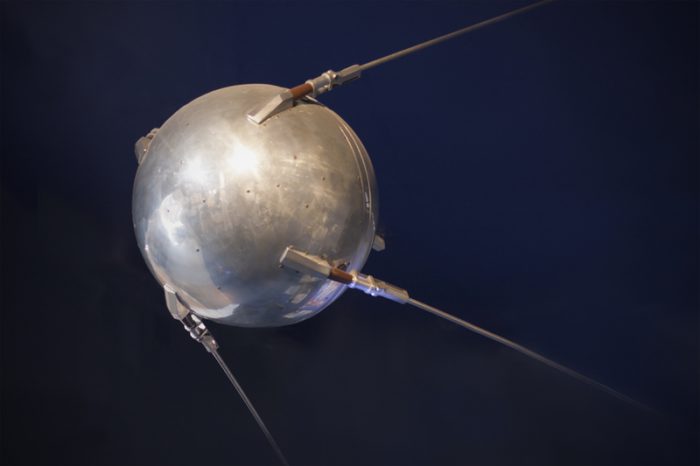 A replica of Sputnik-1, the first artificial satellite to orbit Earth. (© Anton Barashenkov | Dreamstime)
A replica of Sputnik-1, the first artificial satellite to orbit Earth. (© Anton Barashenkov | Dreamstime)
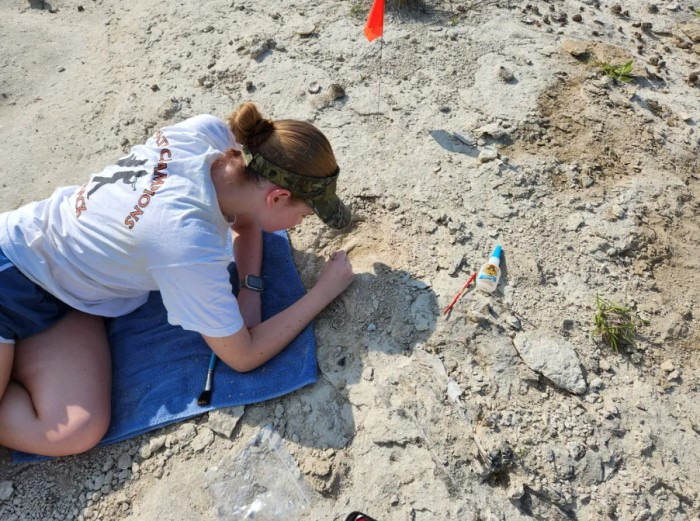

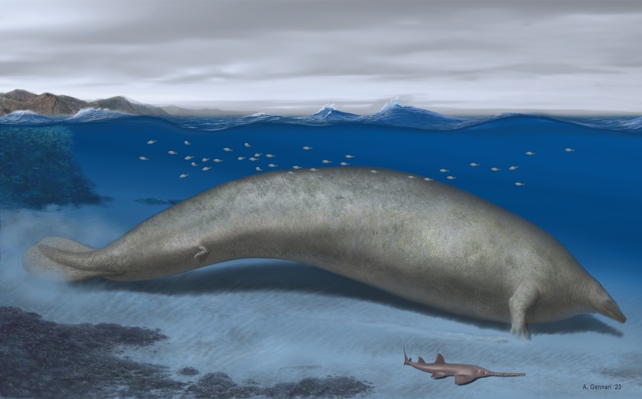


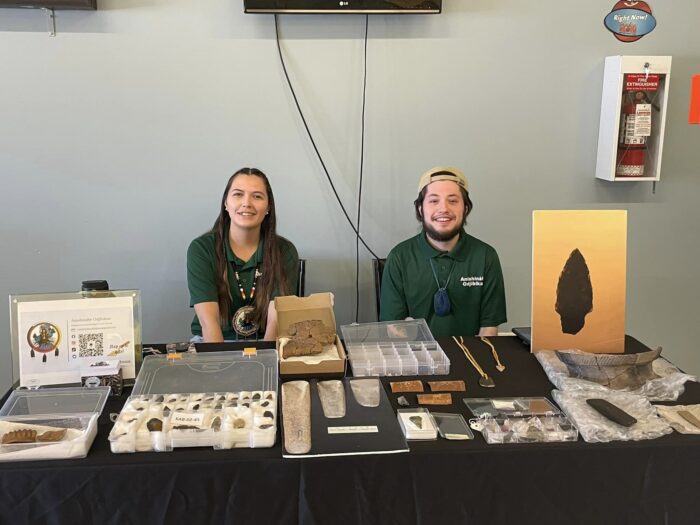
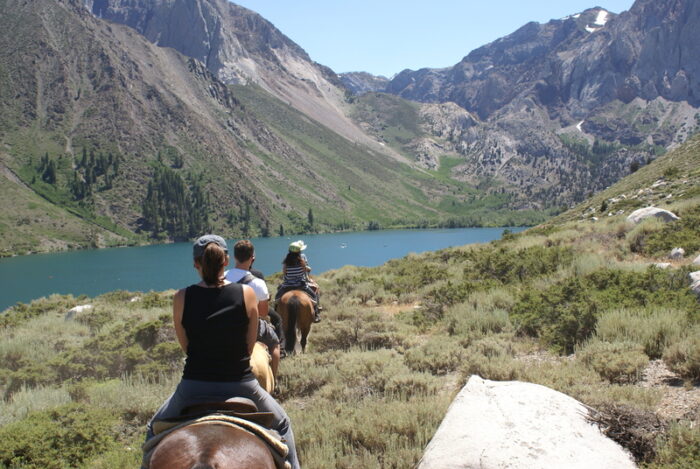

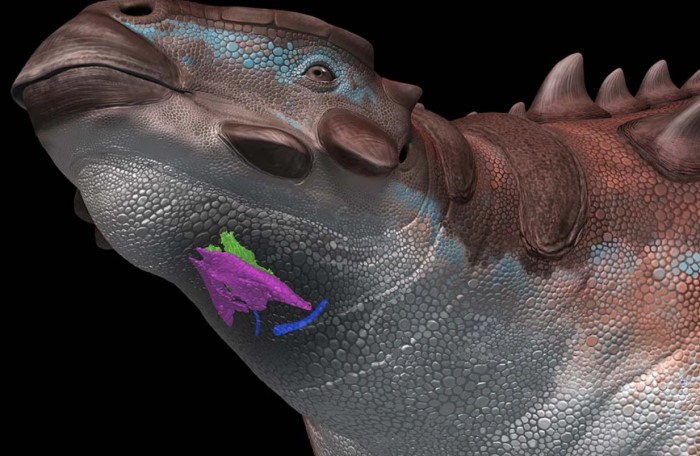
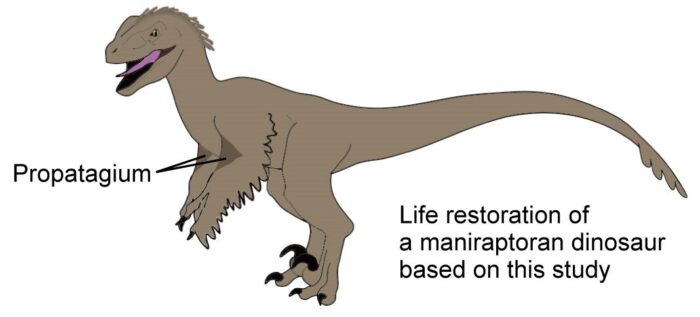
Wow so cool